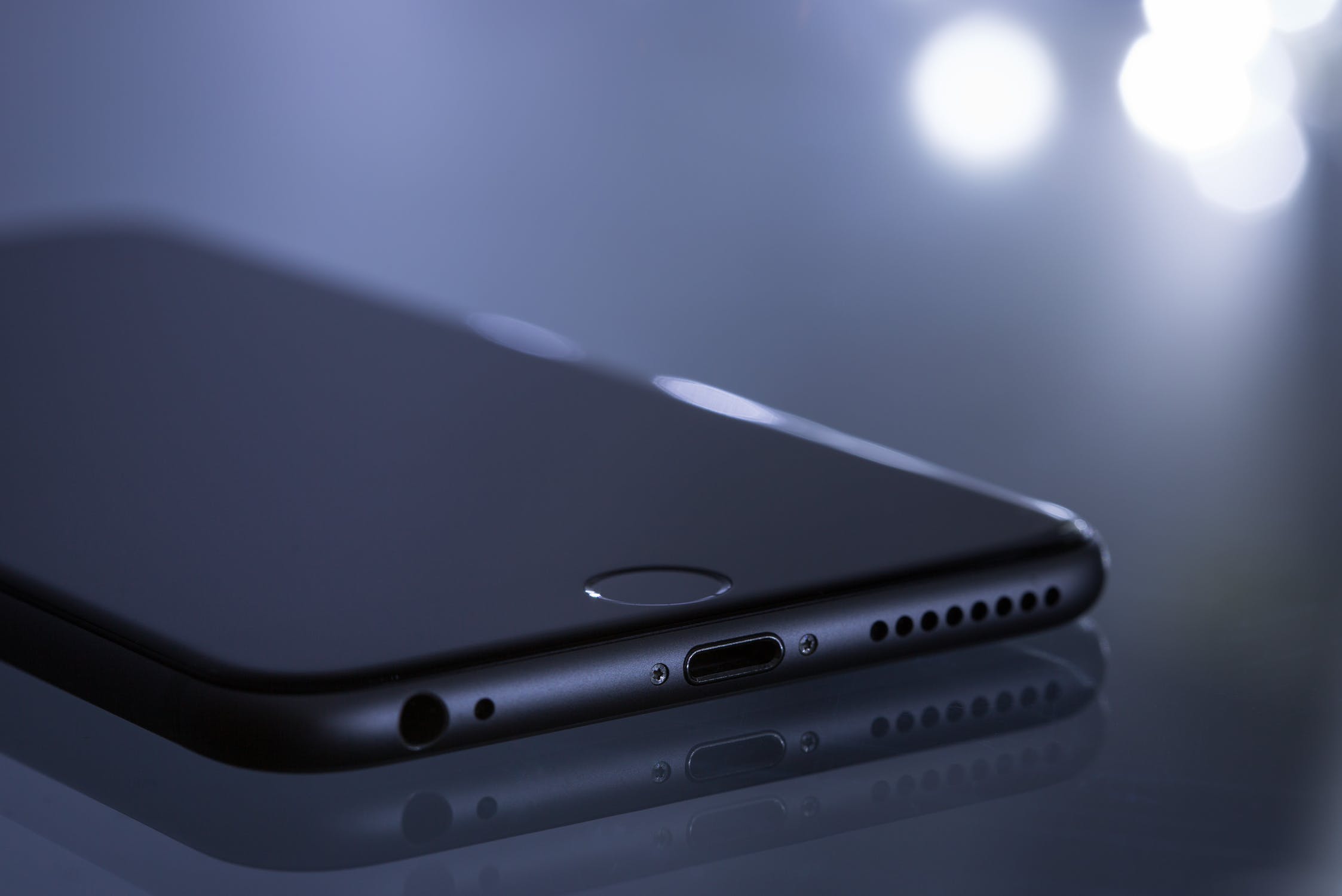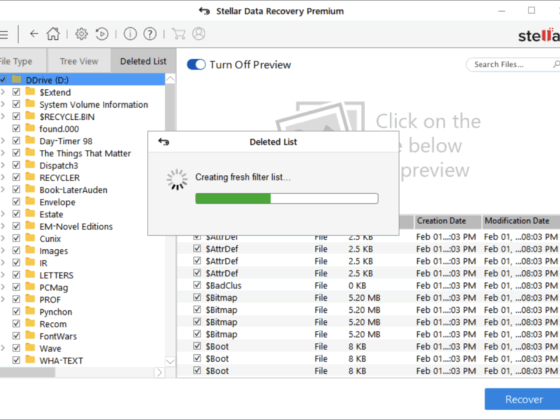
We’ve become so reliant on our phones that when they stop working, it’s often the source of great angst, mainly because of the inconvenience not having them now causes. Sometimes, we have no choice but to purchase a new one, which can be expensive if we rely on upgrades. But, there are things that can be done to avoid this, which we suggest you try, as it could fix your phone problem and save you money. So if you’re having troubles with your phone, this article may help you.
Identify the Problem
OK, you know there’s something wrong with your phone because it’s not working as it normally does, but can you explain what is going on? The better you’re able to explain what’s happening means you’ll receive more accurate help. Just typing, ‘My phone’s not working properly’ in a search bar will throw up all kinds of information, which will take up your time to sift through. So knowing how to describe precisely what’s happened to your phone will help refine your search. Here are some common issues and tips for resolving them.
Slow Phone
Having a slow phone is something we’ve all experienced at some point in our lives. When we’ve been so used to our phones instantaneously responding to our request for information, that having a slow phone is frustrating. Older phones often start slowing down, for various reasons, but some new phones can too. Slow phones are often caused by Random Access Memory (RAM) becoming full of data, like apps and files.
To resolve this, the first thing you should do is some “house-cleaning” on your phone. Go through your files, deleting anything you no longer use. Do the same with your apps, too, perhaps only keeping ones that you use to access services a business provides through their app. Consider moving photos or documents onto cloud storage or a USB.
If you’ve noticed your phone has slowed down after installing an app, try uninstalling it and switching your phone off. When you switch it back, see what your phone’s speed is like.
If you’re considering installing your phone back to its factory settings, make sure all your important documents, files, and photos are backed-up elsewhere, so they’re safe.
Hung Apps
Apps are wonderful when they work; not so much when they hang and prevent you from using the app. A hung app is usually one that freezes, preventing you from using it and, as iChimp explains, is a common, or generic, issue, which most of us would have encountered at some point in using our phones. It’s not usually a difficult issue to solve, thankfully. Sometimes a hung app is caused by bugs on the app or our operating system (OS) not being able to cope with the apps or the improvements that are constantly added to them.
To resolve a hung app, first try restarting your phone and once it’s ready, try opening the app and using it. Alternatively, you could go to your App Manager to restart or stop the app. Clearing your cache is also a good idea to rid your phone of data that may be old or obsolete. If it still continues, then see how you go by uninstalling and reinstalling the app.
Full Storage
This is something that inevitably happens over time, more so if we’re not regularly maintaining our phone and doing regular house-keeping. We generally store most of the stuff sent to us, like photos, footage and files. Coupled with storing old apps, phone calls, texts etc, this can all add up and take valuable storage space.
Full storage is another reason your phone could be slowing down, so have a look at what you actually need on your phone, what could be stored on a cloud, and what could go on a USB drive. During this, have a look at what can be deleted to free up even more space. Include apps in this as well, and consider deleting old ones or ones that are rarely used.
Poor Battery
A phone’s battery will eventually reduce in performance, just as most things do after repeaters use, over time. If you’re the type of person that leaves their phone on around the clock, then it’s inevitable that, one day, you’ll realize your battery’s performance isn’t at the standard it was when you first started using it.
However, there are things on your phone that can contribute to your battery being drained of power more quickly than what it should. With this in mind, try turning off your Wi-Fi, Bluetooth and GPS when you’re not using them to conserve battery life. Also, enable battery saving mode on your phone, and also check your phone’s battery usage to see what apps are putting the most strain on it. Consider closing or disabling the ones that are draining your phone’s battery the most.
We’ve only just touched the tip of the iceberg when it comes to phone issues that you could try to resolve yourself. There is plenty of help available online, but finding a source that you understand and can follow is something else. Make sure you know how to describe what the issue is with your phone and understand what’s wrong, so you know how to fix it and avoid it from happening again, if possible.







